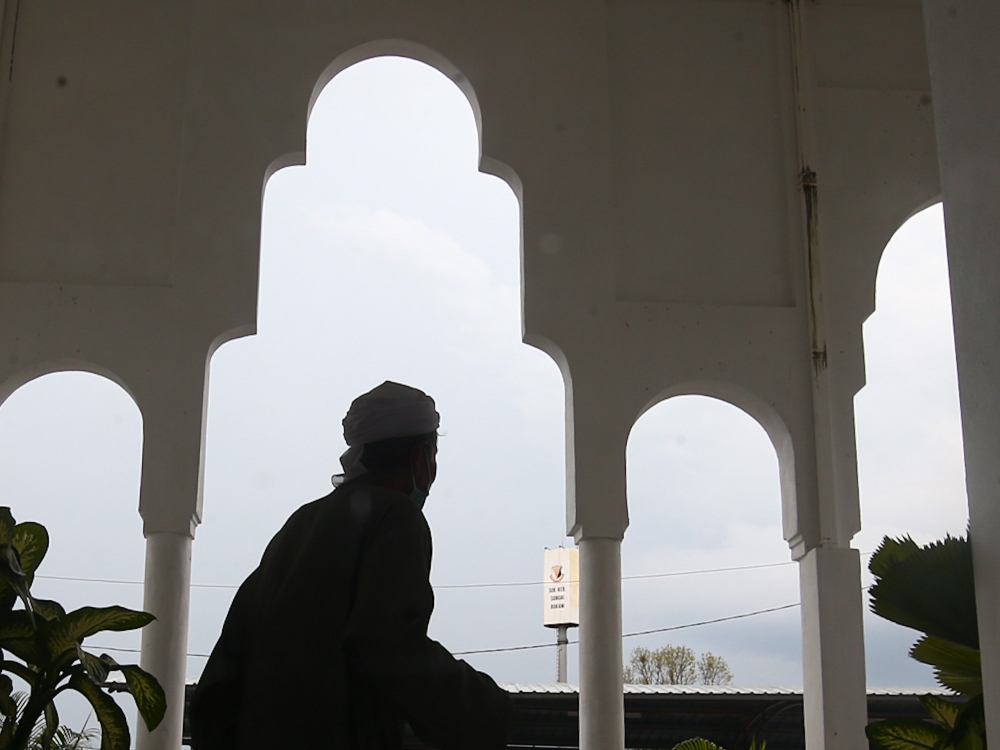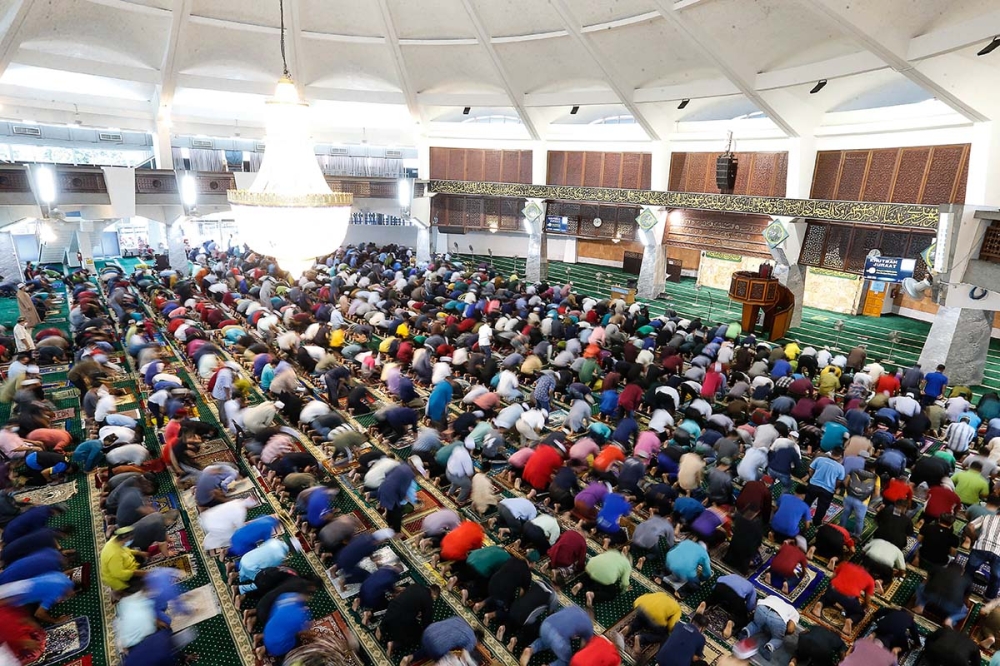JUNE 23 — The World Cup has already delivered one major upset — the shocking disintegration of 2014 finalist Argentina which will could well lead to their exit in the group stage — and this weekend could provide another.
Reigning champions Germany, against all expectations, are fighting for their World Cup lives after suffering a shock but deserved 1-0 defeat against Mexico in their opening fixture.
Argentina’s struggles, in reality, are not that much of a surprise. They limped through the qualifying phase and have been beset by problems during the build-up, with injuries, loss of form, the cancellation of one of only two warm-up games and tactical uncertainty all serving to seriously undermine their preparations.
Germany, however, is an entirely different matter, as they headed into the tournament seemingly buoyant and in great shape, with a power-packed squad, bundles of confidence after winning all 10 qualifying games and the continuity provided by having a coach, Joachim Low, who has been in charge of “Die Mannschaft” since 2006. What could possibly go wrong?
What went wrong is that Germany’s midfield went missing in action in the opener against a vibrant Mexico team who took full advantage with their incisive counter-attacking play, culminating in the outstanding only goal of the game being converted by Hirving Lozano shortly before half-time.
The three men in the centre of the field for Germany were Toni Kroos, Sami Khedira and Mesut Ozil — all extremely talented and exceptionally experienced performers, who have played together for many years with high levels of success including the 7-1 rout of Brazil in the last World Cup semi-final.
On the face of it, there appeared to be no reason why that lauded trio shouldn’t continue to excel as they have done in the past. They should have been the strongest part of Germany’s team. But against Mexico they suddenly became the weak link, unable to control the game or prevent the Central Americans from running riot on their frequent counter-attacks.
The problem, perhaps, is age. And specifically, Khedira’s age. Of the trio, he is the player most tasked with maintaining the defensive shape and tracking the runs of the opposition midfielders — something Ozil has never really done and Kroos prefers not to.
Khedira has excelled in this task over the years, selflessly playing for others and helping to keep his team solid and organised through positional discipline and physical agility.
But he is now 31 years old and has suffered several injuries over the years to add more wear and tear to his body. He just cannot cover the amount of ground that he used to, and against Mexico that showed.
Now, then, coach Low has a decision to make. For his team’s second game, against Sweden on Saturday night, does he stick with Khedira? Or replace him with someone like Bayern Munich’s Sebastian Rudy? Or change his team’s shape by sacrificing Ozil and adding another player alongside Khedira rather than dropping him?
All these questions are being very fiercely debated both by the German media and within the camp itself. Central defender Mats Hummels was outspoken in his criticism of his team’s performance against Mexico, publicly complaining about the lack of balance which left him and fellow centre-back Jerome Boateng repeatedly exposed.
Veteran goalkeeper Manuel Neuer then followed up by revealing the players had spoken some very harsh words to each other during a post-match post-mortem, and describing Germany as being in crisis ahead of this weekend’s meeting is no exaggeration.
And their next challenge is not an easy one. Sweden are a decent side, and come heading into the game in high spirits after opening their campaign with a 1-0 victory over South Korea which owed a lot to the defensive solidity they showed in qualifying, when they finished above the Netherlands to seal a playoffs spot and then defeated Italy 1-0 on aggregate to advance to Russia.
The Swedes, however, do not possess the explosive counter-attacking pace of Mexico. Theoretically, it should therefore be much easier for Germany’s midfield to control this game than their opener, and if they can score an early opener Low’s men may be able to settle their nerves and re-establish the aura of dominance we expected to see all along.
But football can be a funny game and confidence is everything. If Sweden can stay solid, grab a goal from a set-piece and then hold firm, we could be looking at one of the biggest shocks in World Cup history. Germany eliminated by Saturday night? Don’t rule it out.
* This is the personal opinion of the columnist.






















